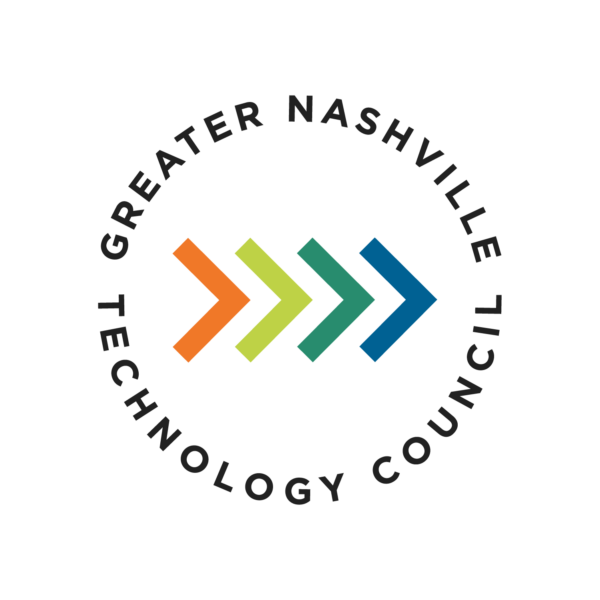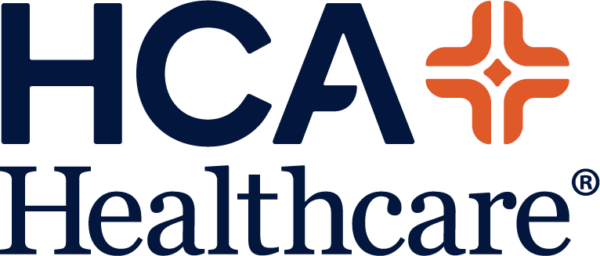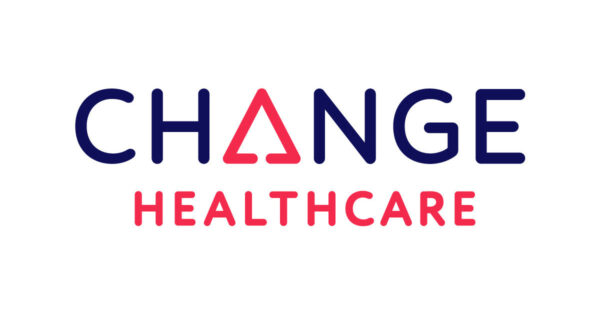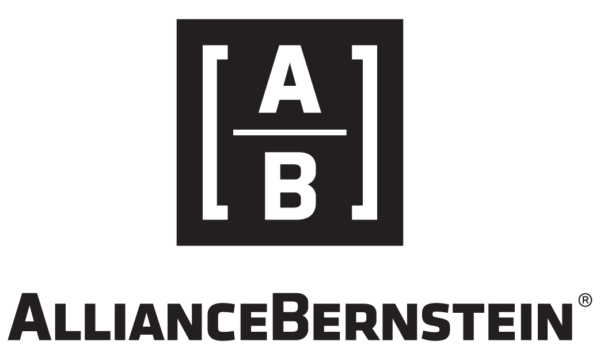As a budding tech hub, Nashville has scored an enviable series of wins in recent years, headlined by two of the biggest of the names in business in Amazon and Oracle and supported by luminaries such as AllianceBernstein and NTT Data. Now comes the heavier lifting of making sure the job commitments can be met.
The biggest prize — one already predicted to be a catalyst for other local scores — is Oracle, which will anchor the $1.2 billion River North development plan along the Cumberland River’s East Bank unanimously approved this spring by Metro Council with $175 million for public infrastructure. The deal commits the Silicon Valley software behemoth to 8,500 jobs, 2,500 of which are to come by the end of 2027 and have an average salary of $110,000. The four years after that are to bring another 6,000 to fill out the rest of Oracle’s 1.2 million square feet of office space at River North.
Oracle officials confirmed their plans not long after Tokyo-based information technology firm NTT Data said it will bring 350 jobs to a digital delivery center in the Capitol View development in the North Gulch. Their jobs will build on the arrivals of AB, EY, Amazon and others.
According to Brian Moyer, president and CEO of the Greater Nashville Technology Council, the Oracle deal comes just two years after he and his team established “the B-HAG — big, hairy, audacious goal — to double the size of [Nashville’s] tech workforce by 2025. […]
“Today, we’re beginning to question: […] Is that enough?” Moyer said during a virtual panel this spring. “We also knew — at least we had a feeling — that we just couldn’t create our own talent fast enough to meet the ever-growing demand.”
Exhibit A of that demand is the recent growth in Middle Tennessee’s tech sector: A report published late last year said the industry had grown 36 percent to nearly 63,000 jobs since 2014. Author and Middle Tennessee State University professor Amy Harris projected — albeit before Oracle put a number on its plans, which had been in the works for a few years — that the number of local tech workers will grow 16 percent by 2024.
Building experience
John Wark, founder and CEO of the Nashville Software School, maintains that the promising pipeline of tech talent demand is likely the tip of the iceberg. What he has sought to avoid with the software school is that mosr of the new and future IT jobs will be filled by people not from Nashville or even from Tennessee. Such a dynamic isn’t stunting Nashville’s rise as a regional tech hub — in fact, it is and has been for about a decade a key driver of that growth — but it does risk cutting off local residents from promising career paths. That idea was at the heart of an April virtual panel Wark hosted.
“That’s been a theme for us since day one: home-growing talent,” Wark said to those assembled. “We still do believe that there’s still a huge amount of untapped potential in the adults here in Nashville already. They just need pathways and they need financial support and mentorship and just the knowledge that there’s going to be jobs at the end of the pipeline. I think we can fill a lot of our growing tech need.”
Wark piggybacked on the point made by NSS alumna and UBS analyst Jessica Morrison, who gave her perspective of the institution’s role in the rapid growth of Nashville tech.
“It’s so key to actually build up our individuals that live in Nashville, and of course there’s people from California, New York and things of that sort, but Nashville [is] a very close and tight-knit community,” Morrison said. “And Nashville Software School takes pride in actually building and giving adults in the community the tools needed to break into tech.”
Morrison represents a cross-section of two of NSS’s target demographics: women and African Americans. The school’s financial support for its students comes in the form of deferred tuition. Enrollees pay a deposit but are not on the hook for the rest of their tuition until they have not just graduated but actually landed jobs in tech. At that point, tuition payments are arranged based on their new compensation levels.
There’s no debating the Software School’s successes: It has graduated more than 1,450 people from 66 cohorts — another 275 students are part of 10 current cohorts — and in 2019 moved from Tech Hill Commons to a larger space on Plus Park Boulevard near Nashville International Airport. It is consistently meeting its goal of “providing motivated individuals with access to a career in software development.”
But the region needs more than that. Karen Williams, founder and CEO of recruiting and staffing firm MinTech Agency, tempers expectations about Oracle being a destination for many locals. The company’s job commitments, she points out, are for six-figure salaries on average. Williams says that, by 2027, it is possible for a good number of people to matriculate through area vocational and higher-education programs to be in the mix. But those workers also will need to have gained significant job experience.
“My concern is: As you see all the tech schools that are coming, they’re popping up, […] Are they going to be ready for these roles that are coming?” Williams says. “They’re saying the average job at Oracle is going to be $100,000. That means that’s not an entry-level job. That’s someone that has experience. So is that going to be someone who just went to Nashville Software School or went to Pivot Tech? Honestly, probably not.”
Williams agrees that there are many untapped tech talents already present in the region. But for various reasons — including the dislocations of last year’s COVID shock — some have lost time working in their field of training, perhaps too much for them to get in line for the jobs that Oracle will bring.
“I know a young lady who I was trying to help get a job. She has a bachelor’s degree in computer science but she worked at Walmart because she couldn’t get on anywhere,” Williams says. “Now her degree is three or four years old […] Can she get back in the field? Does she have to go back to a bootcamp to get refreshed? So, there’s a block of talent that’s falling through the cracks.”
Nashville companies, she says, have to “bend a little” and start letting more people get the experience they need not only for Oracle’s jobs but for many more that are almost certain to follow. Oracle’s presence will generate new momentum and a wealth of tech talent in Nashville — native and not — that will in turn draw other companies to the city. That’s how Middle Tennessee’s health care sector has grown into a roughly $50 billion powerhouse over the past half-century.
Keeping an eye on equity
Moyer lauds NSS, which will celebrate its 10-year anniversary in 2022, for its more than 90 percent retention rate and its comparably high rate of job placement. Traditional universities like Fisk and Belmont — which have both launched data science degree programs in the last three years — are averaging around 80 and 82 percent retention, respectively, as they seek to chip in to the talent pool.
The Tech Council and the industry as a whole are counting on conventional and other nontraditional education programs to mature and become steady contributors as the Software School has. But Moyer and his team also are casting a national net as part of their three-pronged strategy for growing Middle Tennessee’s tech workforce beyond 90,000 people by 2025. Earlier this year — after being delayed by COVID — they launched a recruitment campaign focused on Los Angeles and Silicon Valley as well as Boston, Chicago, New York and Washington, D.C.
The pitch, as articulated on techintonashville.com, is simple: “We need an infusion of tech talent. Now.” Leaning on Nashville’s national ECD credibility — built on a business-friendly environment, a good quality of life and a lower cost of living than the target cities — the campaign is especially targeted at young workers, “many of whom are ready to invest in a home, which is next to impossible in the cities where tech talent is concentrated.”
The pitch is likely to resonate; plenty of tech workers already are moving here. And new arrivals are likely to contribute to a cooking Middle Tennessee housing market: Glenn Kelman, CEO of brokerage firm Redfin, in late May pointed out that out-of-towners hunting for a home in Nashville are doing so with an average budget of $720,000, which is 50 percent higher than locals’. Building an office-and-residential campus on the East Bank near the historically black Haynes-Trinity community will exacerbate such discrepancies — which this spring led community advocacy groups Stand Up Nashville and the Equity Alliance to demonstrate against the proposed Oracle deal the day before the Industrial Development Board voted on the agreement.
“What Nashville needs is housing. […] What Nashville needs is jobs that pay a living wage,” Stand Up Nashville Executive Director Odessa Kelly said at the demonstration near River North. “Oracle has every means to pay at least $18 an hour and going up and starting the ladder from there. What we need is robust workforce development.”
IDB member Winnie Forrester voted against sending the Oracle plan to Metro Council in part because of her concern about the potential for gentrification in the area. She asked whether the company had studied the possible impact the project might have on affordable housing; the IT giant conceded it had not.
The deal between the city and Oracle eventually passed as presented and the company’s campus will rise at the heart of a large development that is anchoring a much broader reinvention of the East Bank. New York-based waterfront placemaking gurus Perkins Eastman — of Battery Park City renown — are leading a study that will include how to connect the East Bank to the nearby residents who both stand to lose from gentrification but also could gain from a big push to open up a tech sector notorious — nationally and locally — for being ethnically monolithic.
The Nashville Software School is one of the most viable resources for preparing adults in minority communities for high-level tech jobs because of its tuition deferral model. At least half of its graduates are either African Americans, women or veterans. Still, there’s a strong case to be made that much more needs to be done to open doors for those groups.
“I saw a class for third-grade to 12th-grade [students], and it was like $150 for the class for three days. Average Black or Latinx people in Nashville probably can’t afford $150 to send a kid to class for three days,” Williams says. “The area that Oracle is in […] The average salary there is under $50,000. I don’t know if that means the experience level is that, or are they just not getting the opportunities? And if the opportunity comes, then they’ll be able to get these $100,000 jobs? But I’m thinking if that’s the case, then wouldn’t they have gotten the job at AllianceBernstein? Wouldn’t they have gotten the job at Amazon?”









